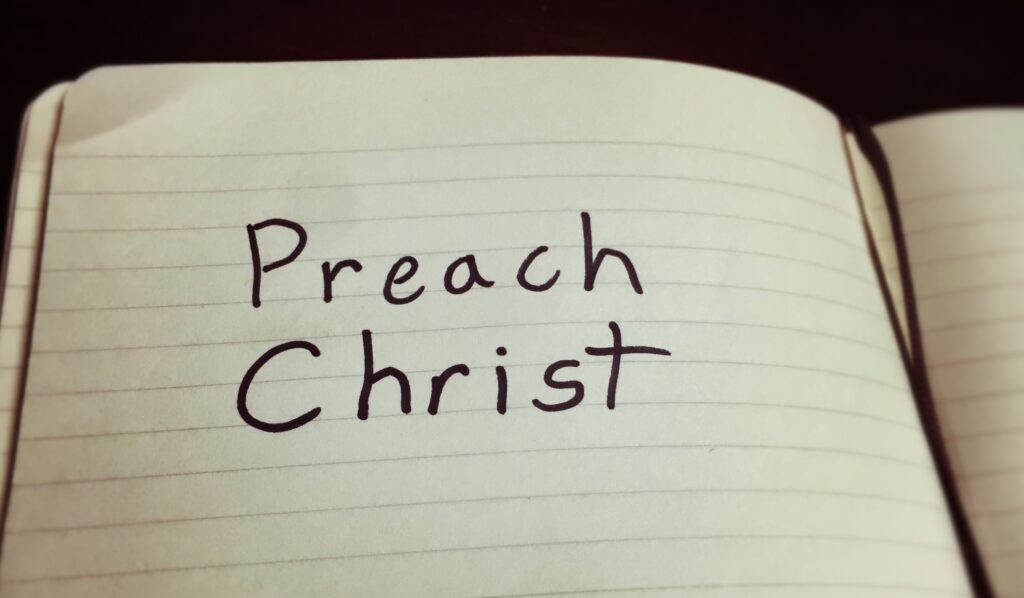Homily: Third Sunday in Ordinary Time

Is. 8:23 – 9:3; 1Cor. 1:10-13, 17.
Matt. 4:12-23.
Matthew opens our Gospel passage with a statement of fulfillment of the prophecy of Isaiah. Galilee, the land of Naphtali and Zebulun, was engulfed in darkness when the Assyrians conquered it in 733-32 and put in pagans occupiers to live among them. Now at Jesus’ coming it sees a great light. It is indeed a great light because Jesus chooses his first Apostles from among them, people who were not versed in Jewish Law as the Pharisees and Scribes, and ordinary workers as were fishermen. It is important to note that the first thing Jesus demands is “Repent, for the kingdom of heaven is at hand.” Before any grace can come into our soul, we must be cleansed of sin. Thus the Church reminds us at the beginning of Advent and Lent as seasons of repentance to make a good confession.
Simon and Andrew are presented as fishermen casting their net into the sea. When we think of fishermen we often think of poor and low income. But early in the 1900s it was discovered that Peter’s family owned a ‘puesto’ to sell his fish in the market place of the city of Tiberias opposite Capernaum, meaning that Peter was a ‘big-time’ fisherman, not poor or low income. When they left their fishing nets to follow Jesus they were leaving behind a ‘big-earning’ livelihood. James and John were also fishermen. When Jesus called them, Matthew reports that ‘they left their boat and their father and followed him’. Mark adds a detail: ‘with the hired men’, telling us that the Zebedee family had a big fishing business that they needed to hire men for it. When we think of ‘mangigisda’ we often think in the Filipino context of low-income family, but in truth the first apostles were rich and well-off; and when they decided to follow the ‘Carpenter of Galilee’ they were sacrificing a good livelihood and a big source of income. Those who think of following Jesus in the priesthood and/or religious life, know that you have good examples of rich apostles who sacrificed much ahead of you.
Then in two big brush strokes, Matthew tells us the apostolate of Jesus: ‘teaching’ and ‘proclaiming’ the Gospel, and ‘healing’ every disease and illness among the people. The priest must teach and proclaim about the Kingdom of God, about Jesus’ person and his ways of dealing with people, not about himself or his personal life. The second preoccupation of the priest is the spiritual and physical health of God’s people. In the history of the Church medical care has always been part of the missions; and in my personal life, I had known doctors and nurses and dentists who entered religious life to go to the missions and help as many people as they could. (Let me start with my family: How do I care about the sick and the elderly in my family?) + (hd).
